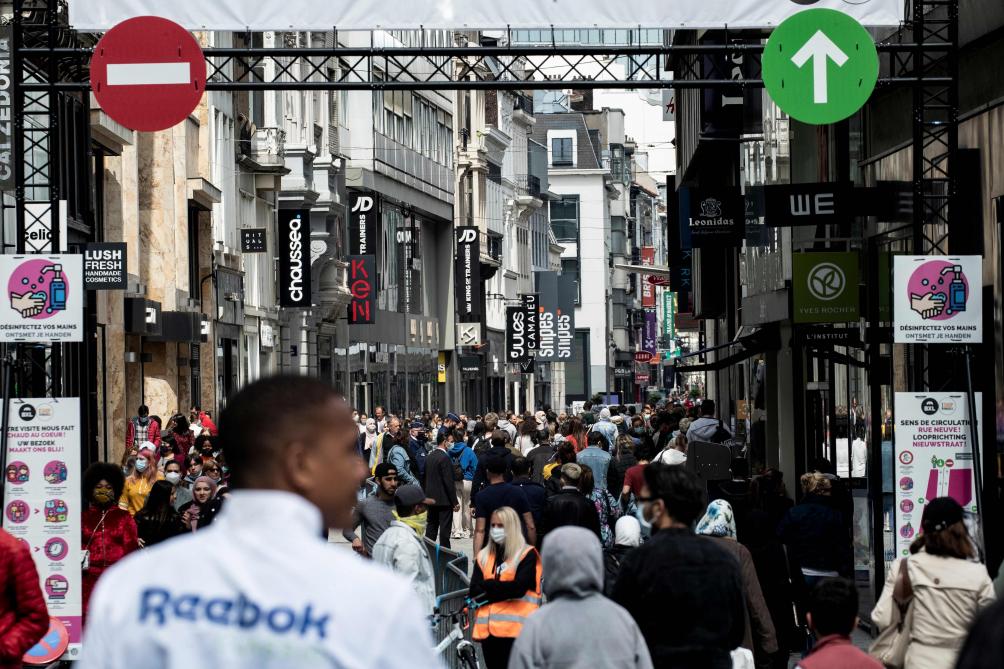Belgium is still a long way from herd immunity against the coronavirus, even with the growing number of infections at the moment, health officials said during a press conference on Monday.
As the number of coronavirus infections in Belgium has climbed to an average of over 15,500 cases per day over the past week, more people will also have built up antibodies against the virus after this wave.
"We can assume that these antibodies will protect against the disease," said virologist and interfederal Covid-19 spokesperson Steven Van Gucht, adding that "we are still a long way from herd immunity."
According to the latest data, which Sciensano reported in September, between 5% and 8% of the population had built up antibodies against the virus, according to Van Gucht.
Related News
- Allowing Covid-19 to circulate freely to reach herd immunity 'not an option', says WHO
- Belgian average rises to over 15,500 coronavirus cases per day
- Belgium's rapid rise in Covid-19 infections begins to slow down
"That is still a very small fraction of the population. Logically, after this second big wave, we can expect this number to more than double: perhaps between 15% and 20% of the population."
However, that will still not be sufficient to lead Belgium to herd immunity. "For that, you need to have at least 50% to 70% of people who are immune or have antibodies. We are still a long way from that."
Additionally, aiming for herd immunity is "not an acceptable strategy" for controlling the coronavirus, stressed Van Gucht. "At least not in a natural way. You could try to achieve it with a vaccine, however."
Some kind of partial herd immunity could be "a happy side effect," but is not a primary objective to control the virus, according to him. "That would be extremely dangerous, and would cost many lives. It would be much better to wait for the arrival of a good vaccine," he said.
Maïthé Chini
The Brussels Times

